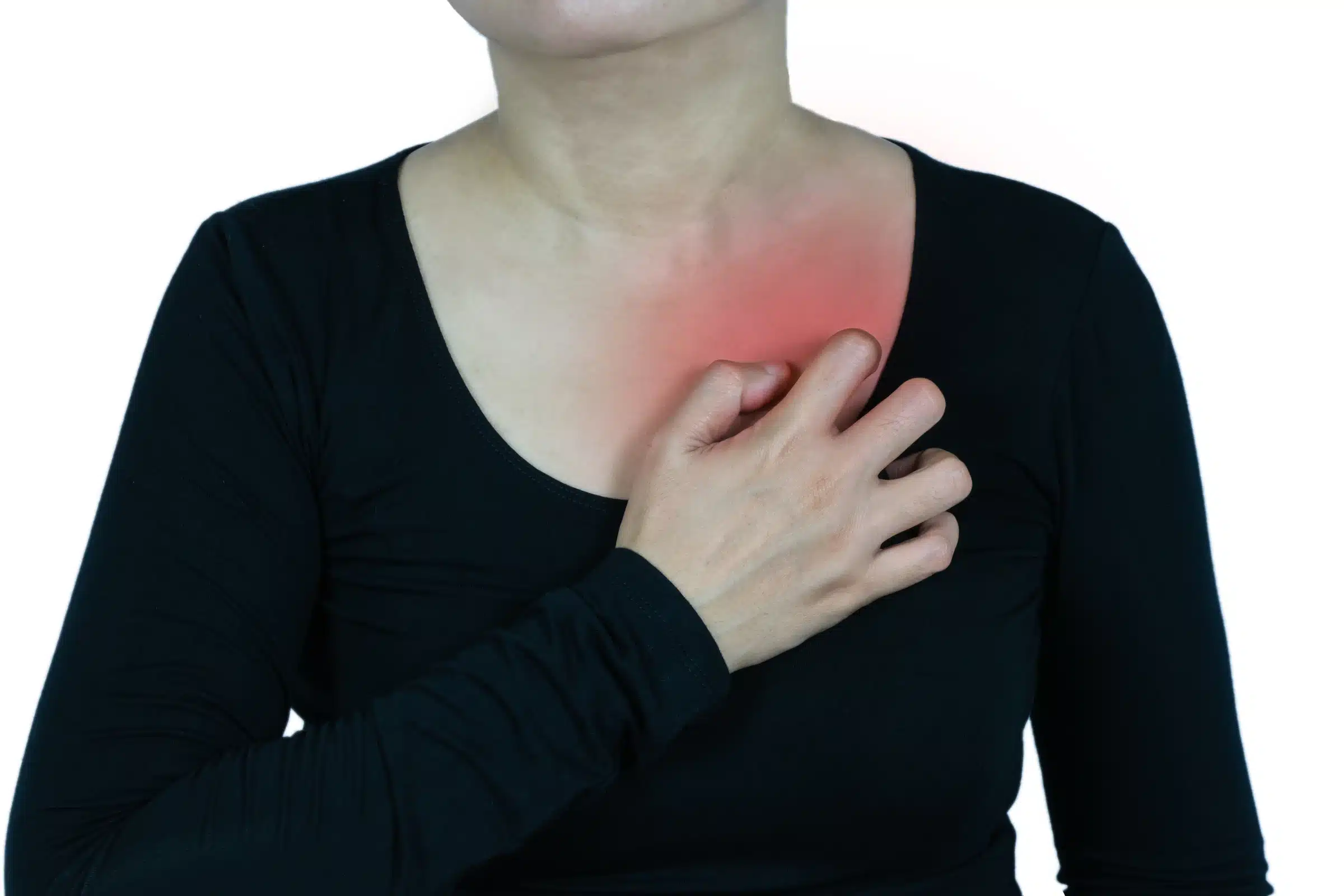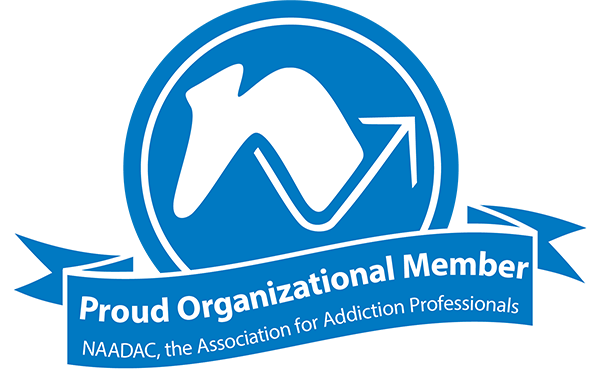Substances
Table of Contents
Key Points
- Ritalin is the brand name for the generic drug methylphenidate, commonly prescribed to children and adults with attention-deficit hyperactivity disorder.
- Ritalin has a high potential for abuse and addiction and has been classified by the DEA as a Schedule II controlled substance.
- Common side effects of Ritalin include dry mouth, weight loss, dizziness, headache, and increased blood pressure.
- More serious side effects can occur when taking Ritalin, including diarrhea, hallucinations, chest pain, trouble breathing, and painful erections.
- Immediate-release Ritalin may affect you for up to four hours, while the extended-release formulation of the drug may last up to eight hours.
- Several factors can influence the duration of Ritalin's effects, including age, metabolism, overall health, and dosage.
- Traces of Ritalin may stay in your system for longer and may be detected by a drug test for up to 90 days, depending on the type of test.
The duration of Ritalin’s effects will depend primarily on the formulation of the drug you take. The duration of immediate-release Ritalin ranges from one to four hours, while the extended-release formulation lasts approximately 8 to 12 hours. [1] Other factors can affect how long Ritalin remains in your system, including your age, metabolism, dose, and overall health.
Ritalin has a relatively short half-life of two to three hours. [2] Even after the effects of Ritalin wear off, traces may remain in your system. Drug screenings such as saliva tests, urine tests, and hair follicle tests may be able to detect the presence of Ritalin in your system for days, weeks, or even months after taking Ritalin.
What Is Ritalin?
Ritalin is a brand name for the generic drug methylphenidate. [3] It’s FDA-approved to treat attention deficit hyperactivity disorder, also known as ADHD, as well as narcolepsy. Ritalin is available in both immediate-release (short-acting) and extended-release (long-acting) formulations.
Ritalin has been classified by the U.S. Drug Enforcement Administration (DEA) as a Schedule II controlled substance due to its high potential for abuse and addiction. [4] This central nervous system stimulant is available by prescription only.
Side Effects of Ritalin
Like most prescription drugs, Ritalin can cause some side effects. Those side effects commonly reported include: [5]
- Increased heart rate
- Loss of appetite
- Weight loss
- Dry mouth
- Nausea
- Headache
- Dizziness
- Anxiety
- Mood swings
- High blood pressure
- Indigestion
- Irritability
- Insomnia
- Vomiting
- Stomach pain
- Excessive sweating
For many people, the side effects of Ritalin are mild and may go away after a few days of taking the medication. If these side effects become intolerable or persist, tell your healthcare provider as soon as possible.
Serious Side Effects of Ritalin
Some potential side effects of Ritalin can be more serious. Call your doctor right away or seek emergency medical attention if you or a loved one is experiencing serious side effects of Ritalin, such as: [6]
- Chest pain
- Difficulty breathing
- Hallucinations
- Aggression or hostility
- Discoloration of skin
- Numbness in your arms or legs
- Unexplained wounds
- Prolonged, painful erection
- Feeling cold or shivering
- Muscle stiffness
- Muscle twitching
- Loss of coordination
- Diarrhea
- Fever
 How Long Does Ritalin Last?
How Long Does Ritalin Last?
The immediate-release version of Ritalin is considered a short-acting stimulant. Its duration of action (or how long it works) can vary between one and four hours. [7] The extended-release formulation of Ritalin lasts twice as long, but is only taken once per day. There are several individual factors that might affect how long Ritalin lasts for you (or your child):
- The dose of Ritalin prescribed
- The formulation of Ritalin you’re taking (immediate-release versus extended-release)
- The individual’s age and metabolism
- Overall health condition (especially organ function)
How Long Does Ritalin Stay In Your System?
The duration of Ritalin’s effect on the body versus its persistence in the body can vary significantly. While you might stop feeling the effects of Ritalin after about four hours, it can remain in your system for much longer.
Ritalin has a relatively short half-life of between two and three hours. [8] Due to individual differences in how the body metabolizes and excretes Ritalin, it can remain in the system for up to two days. A drug test, such as a urine test or blood test, for example, may still show the presence of this prescription stimulant during this period of time.
Is Ritalin Addictive?
Ritalin has been linked to a high potential for addiction and abuse and is a controlled substance. People who become addicted to Ritalin and similar medications are said to have stimulant use disorder. People who take this drug without a prescription or in higher doses than prescribed are at an increased risk of developing this serious, but treatable condition.
Signs of Substance Use Disorder
If you or someone you love has developed a stimulant use disorder, there may be signs of addiction, including: [9]
- Strong cravings for stimulant drugs
- Spending a lot of time acquiring stimulants, using them, or recovering from their use
- Using stimulants in risky situations
- Continuing to use stimulants despite them causing problems in relationships
- Continued use of stimulants even though they’re worsening a mental or physical health condition
- Trouble keeping up with other responsibilities due to stimulant use
- Giving up other important activities due to stimulant use
- Difficulty controlling the dose of stimulant you take or for how long
- Needing a higher and higher dose of stimulants to achieve the same effect (i.e., building tolerance)
- Experiencing withdrawal symptoms when abstaining from stimulants for a period of time
Two or more symptoms may indicate a stimulant use disorder, according to the American Psychiatric Association’s diagnostic guidelines. The more symptoms you have, the more serious your condition may be.
Ritalin Withdrawal Symptoms
Experiencing withdrawal symptoms when abstaining from Ritalin is a hallmark of stimulant use disorder. Signs and symptoms of withdrawal from stimulant medications include: [10]
- Cravings for stimulants
- Irritability
- Anxiety
- Insomnia
- Trouble concentrating
- Increased appetite and/or weight gain
- Paranoia
- Fatigue
- Suicidal thoughts
If you or a loved one is experiencing thoughts of suicide, you can contact the 988 Suicide & Crisis Lifeline by calling or texting 988.
Signs of Ritalin Overdose
Those who misuse Ritalin or become addicted to this prescription stimulant may be at an increased risk of overdose. Overdosing on Ritalin can lead to cardiac arrest, coma, or even death. If someone you care about is misusing stimulants, it could be important to know the signs of a stimulant overdose: [11]
- Nausea
- Vomiting
- Diarrhea
- Dilated pupils
- Hallucinations
- Fast breathing
- Muscle pain or weakness
- Muscle twitching
- Lightheadedness or faintness
- Excessive sweating
- Tremor or shaking
- Confusion
- Pounding in the neck or ears
- Seizures or convulsions
Any signs of a stimulant use disorder should be treated as a medical emergency. Call 911 or go to the nearest emergency room. You can also call the poison control helpline at 1-800-222-1222.
Ritalin Addiction Treatment
As a controlled substance, Ritalin has certain addictive properties. If you or a loved one becomes addicted to Ritalin, help is available. Many people have recovered from stimulant abuse, thanks to evidence-based treatment methods. A skilled and compassionate substance use and rehabilitation counselor can walk you through your treatment options and help you develop a plan that fits your needs and preferences. You don’t have to face addiction alone.








